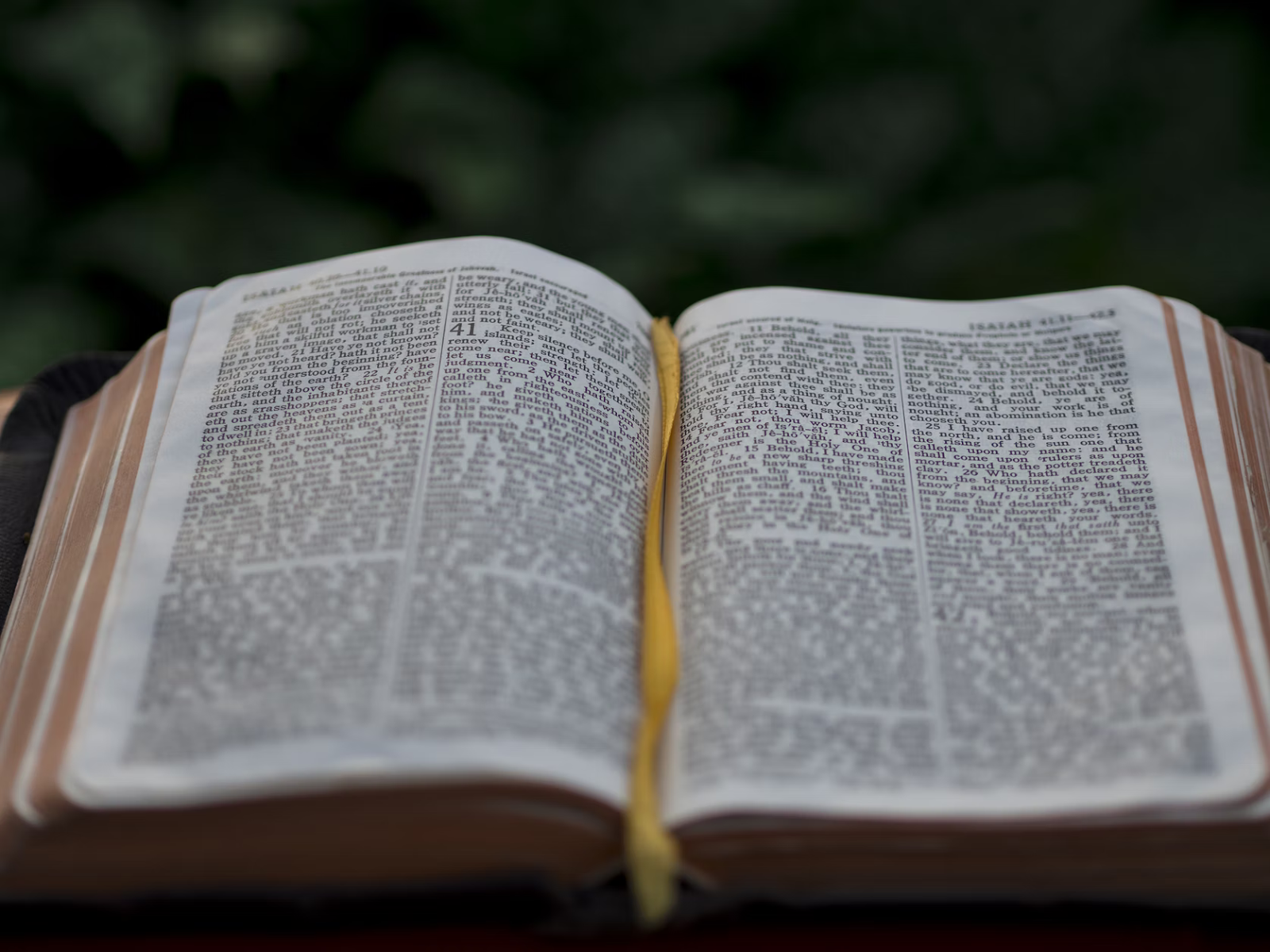-
Kevin
-
 August 5, 2022
August 5, 2022
-
 Common Questions
Common Questions
There are many words in the English language that have more than one definition. With words like these, even if they’re short and simple, it’s important to know all of the definitions so that you can communicate clearly and understand what somebody else is saying.
The word bond is one such word with multiple definitions. Each one is unique, and there’s a lot to understand about them. And learning them all can help you be a better communicator and listener.
With that in mind, today’s word of the day is bond. By the end of this short guide, you’ll have a solid understanding of the word bond, its definitions, its etymology, and how to use it. Let’s get started.
What Is the Meaning of the Word Bond?
The word bond, pronounced bɒnd, is a relatively simple word, but, as mentioned above, there are quite a few definitions for this tiny word. Here’s a list of the different definitions of the word bond.
- Something that restrains someone or something
- A covenant or binding agreement
- (in chemistry), the attractional force that holds molecules, atoms, and ions together
- A force that unites two things, specifically two people in a friendship or relationship
- An amount of money that is used to promise that a person in prison will appear for their trial even if they are released
- A document signifying that you lent a government or entity money and that they will pay you back at a specified interest rate
Of course, we have a bond as something that is used for restraining someone or something, such as handcuffs or shackles. There is also a bond that is a promise.
Then in chemistry, a chemical bond refers to the attractional force or adhesion between atoms. And then there are the bonds of friendship or relationship. Or a bail bond that a judge sets when somebody is being held in prison before their trial.
But perhaps the most confusing and detailed definition of the word bond is referring to government bonds, corporate bonds, municipal bonds, issue bonds, or any bond that represents the borrower-lender relationship with interest.
Bonds and Borrowing money
Perhaps the most well-known type of bond in this context is treasury bonds or government bonds. It is often said that they are the most reliable investment a person can make. Here’s a little bit about how bonds work.
Bonds are usually issued by a business or government that needs money for a specific project or undertaking. If you buy a bond, you are issuing a loan to that entity with an agreed-upon interest rate and the time that the loan will be paid back, which is called a maturity date.
Once you buy the bond, the bond issuer makes interest payments until the loan is paid back. Payments, often called coupons, are typically made to the bondholder about twice a year. Bond prices vary by how much the entity is trying to raise and how many people they want to be indebted to and for how long. Some bonds also have some amount of collateral in case the debt is not repaid.
Bonds are commonly sold by the U.S. government, specifically the U.S. treasury. These are typically long-term bonds, and because they are such reliable, strong bonds, they generally are not high-yield investments.
The bond market fluctuates with the rate of interest. Bond prices fall when the market has higher interest rates, and vice versa.
Bonds can also be traded at face value, which changes depending on the bond yield or the amount of money an investor will realize on the bond. If a bond is sold or traded, the repayment now goes to the new owner.
There are also convertible bonds, which can be transferred from a bond into a set amount of shares in the company’s stock.
What Are Some Examples of the Word Bond in a Sentence?
Seeing a word in context can help bring more clarity to its definition and how you can use it in your own life. Here are some example sentences that use the word bond with each of its different definitions.
A restraint
- As I sat in the jail cell, the bonds digging into my ankles and wrists, I was faced with the reality of the crimes I committed.
- The king put the murderer in bonds and paraded him around the city before the execution.
A binding agreement
- My word is my bond, and I will not break my promise
- When your father broke the terms of our bond, he betrayed us and the promises our families made together.
In chemistry
- The O2 molecule has an incredibly strong covalent bond.
- The atoms are bound together by an ionic bond to make this molecule.
In relationship
- The bonds between us brothers are not easily broken.
- Theresa, I just feel this bond with you that I haven’t felt with anybody else before.
A bail bond
- He was placed on bail with a $10,000 bond.
- The whole bail bond system is absolutely ridiculous. It marginalizes the poor and lets the rich get treated differently by the justice system.
As a loan
- I bought a bond from the federal government with a pretty good coupon rate that I think will give me a good sum of money for years to come.
- I wouldn’t buy that junk bond because I don’t think that company can avoid defaulting.
- Treasury bonds can be purchased for about $100, but savings bonds can be bought for as little as $25.
What Are the Synonyms of the Word Bond?
Here are some synonyms of the word bond that you might find in a thesaurus.
- Fetter
- Chains
- Rope
- shackle
- Connection
- Link
- Relationship
- Transaction
- Promise
- Covenant
- Bail
The Word Bond
Now you know everything you need to know about the definition of a bond and how to use it. Use it confidently in your writing and your conversation. And if you need a refresher on this word, come back to this article for the information you need.
Sources




